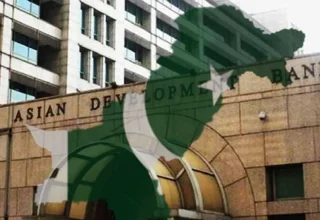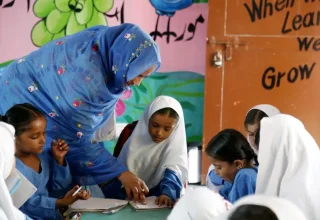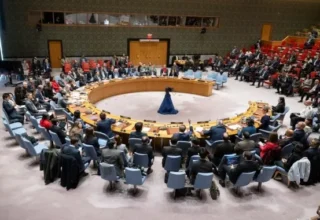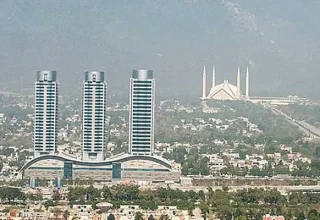
The Asian Development Bank (ADB) has projected a decline in Pakistan’s inflation this year, attributing it to falling food and commodity prices, even as regional economies brace for the impact of rising global trade tensions.
In its latest report on the economies of developing Asia and the Pacific, the ADB maintained its inflation forecast for Pakistan for fiscal year 2025-26 at 5.8 per cent, while projecting economic growth at 3 per cent.
The Manila-based lender noted that easing prices of essential goods were expected to provide some relief to consumers, despite persistent structural challenges in the economy.
At a broader regional level, the ADB highlighted growing concerns over the United States’ decision to impose additional tariffs — a move that could dampen export growth across Asia due to heightened uncertainty in global trade dynamics.
“South Asia’s economic growth is forecast to reach 6.2 per cent in 2026, supported by robust domestic demand,” the report stated. “However, inflation in the subregion is expected to moderate to 4.5 per cent, assuming stable food and fuel prices.”
The report underscores the fragile recovery in many Asian economies, warning that external shocks — such as protectionist trade measures — may threaten gains made since the pandemic.
In Pakistan’s case, the ADB emphasized the need for continued fiscal discipline, structural reforms, and support for export-oriented industries to sustain macroeconomic stability.
The forecast comes at a time when Islamabad is seeking a new long-term arrangement with the International Monetary Fund (IMF), amid a challenging external financing outlook and a depreciating rupee.















































